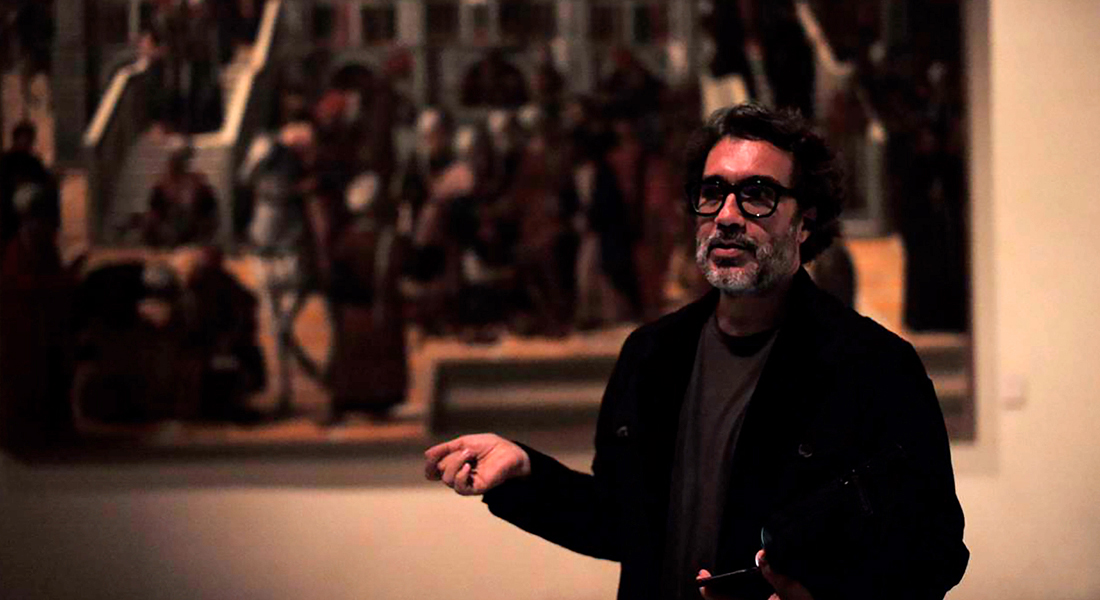Activism and Academia: Knowing from Below and Scholarship in the New Decolonial Turn

Guest lecture by Rodrigo Cañete (University of Warwick/University of Giessen).
The recently published monograph Presente! The Politics of Presence (Duke University Press 2020) by Mexican-American performance theorists and founder of the Hemispheric Institute, Diana Taylor, brings to the central international stage a series of issues related to academic activism. These issues have already been discussed in Latin America for two decades by a group of female critical theorists heavily influenced by the thought of Walter Benjamin and by the Post-Colonial Debates of Subaltern Studies in the UK and India. Among them are Suelly Rollnik in Brazil, Nelly Richard in Chile and most famously Silvia Rivera Cusicanqui in Bolivia. In her work, Cusicanqui finds analogies between Spinozean and Benjamin's ideas of time and resistance in Aymara and Inca mythologies and reframes in her sociology of the image art history's colonial canons to rethink visual cultures in a decolonised way. Last, new scholars as activists emerged since 2010 in Argentina with the NiUnaMenos feminist movement for the legalisation of abortion, most prominently through Veronica Gago's seminal book on theory as activism, Feminist International: How to Change Everything (Verso 2020). The lecture explores the work of these female intellectuals particularly concerned with the link between visual cultures and activism. Their work complements in a crucial way the first wave of masculine decolonial theorists such as Walter Mignolo, Anibal Quijano and Enrique Dussel.
Rodrigo Cañete is a former Under-Secretary of State for Culture of Argentina and holds an MPhil in the History of Art from the Courtauld Institute of Art and an MSc in Social Psychology from the London School of Economics. Currently a PhD fellow of the School of Modern Languages at Warwick University and member of the European PhD network "Literary and Cultural Studies".
Map of South Campus
View directions.
View on map of the Faculty of Humanities - South Campus.
View map of South Campus (pdf).
